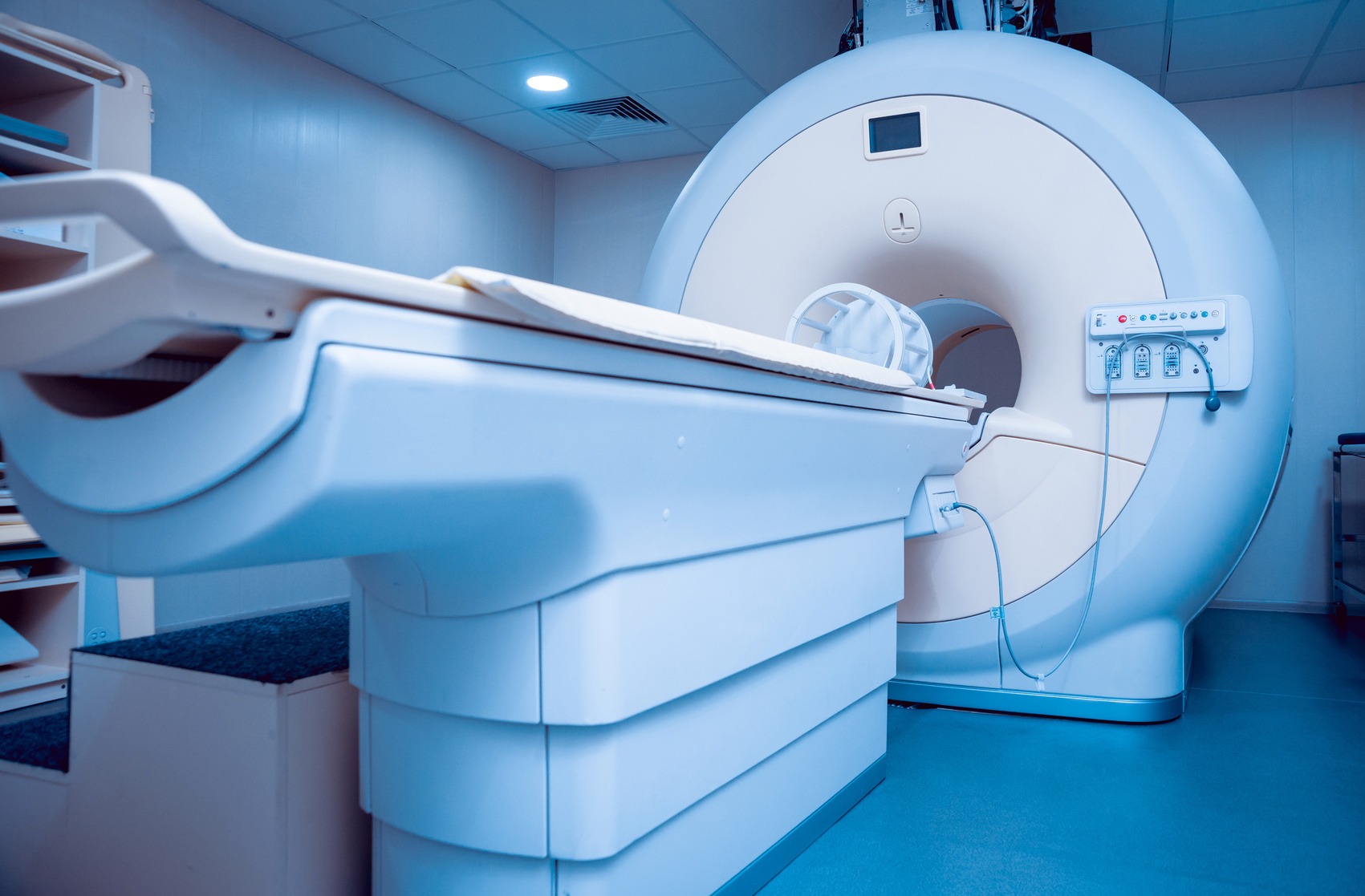 Magnetic resonance imaging (MRI) is a medical imaging test that generates pictures of inside of the body using magnetic fields and radio waves.
Magnetic resonance imaging (MRI) is a medical imaging test that generates pictures of inside of the body using magnetic fields and radio waves.
Magnetic resonance imaging (MRI) is a type of medical imaging that generates pictures of the inside of the body using magnetic fields and radio waves. Doctors use MRIs to diagnose a host of injuries and illnesses, from spinal cord injuries to multiple sclerosis to cancer.
An MRI can lead to a medical malpractice lawsuit if a healthcare professional misreads the results, causing the patient to receive an improper diagnosis that delays or prevents getting care for their condition.
If a doctor misdiagnosed or failed to diagnose your condition due to an MRI error, a medical malpractice lawyer can help. Call us at 888-526-8947.
Why Doctors Perform MRIs
Healthcare professionals perform MRIs because it is a highly effective, non-invasive, and low-risk way to see what is going on inside a patient’s body. Without MRIs, it would be much more difficult to diagnose a host of serious internal conditions, such as aneurysms and cancerous tumors.
Performed correctly, an MRI produces a clear, vivid, high-resolution image of the part of the body under examination, such as the chest or spinal cord. A healthcare professional may then examine the MRI results for abnormalities. From there, the doctor may make a diagnosis.
Risks of MRIs
Most issues that stem from MRIs happen not because of the test itself but because of a healthcare professional misread or misinterpreted its results.
In rare cases, however, an MRI can pose risks to the patient. Specifically, a patient with metal in his or her body may experience complications from an MRI. A healthcare professional has a duty to find out if a patient has any of the following:
- A prosthetic joint made of metal
- An artificial heart valve
- An implantable defibrillator
- A pacemaker
- Metal clips
- Cochlear implants in the ear
- A bullet or shrapnel embedded in the body
Even certain tattoos may contain traces of metal that can react poorly with the magnetic fields of an MRI. Pregnant women should be wary of receiving an MRI, as the effects of magnetic fields and radio waves on a developing fetus are unclear.
Call Newsome | Melton Today at 888-526-8947 — Free Medical Malpractice Consultation
If a healthcare professional misread your MRI, resulting in a misdiagnosis, or you suffered an injury during the test itself, you may have grounds for a medical malpractice lawsuit.
If you or someone you love has been a victim of medical malpractice or negligence, a lawyer from Newsome | Melton can help you hold the responsible party liable and collect the compensation you deserve. Our medical malpractice attorneys fight for the rights of injured victims.
For a free, no-risk case evaluation, call our team at 888-526-8947.
Magnetic Resonance Imaging (MRI) - Frequently Asked Questions

A misdiagnosis of a serious medical condition can lead to substantial harm, unbearable pain and suffering, and, in worst cases, even death. Without a timely and accurate diagnosis, a severe illness or injury goes untreated, allowing it to grow, spread, and worsen. If a doctor misdiagnosed your condition and caused you to suffer harm, you
Read More
The Mayo Clinic defines a minimally conscious state as “a condition of severely altered consciousness but with some signs of self-awareness or awareness of one’s environment.” A minimally conscious state can be a transition state from a coma or a vegetative state. It is often a complication from trauma or injury to the brain, spinal
Read MoreMagnetic Resonance Imaging (MRI) - News Articles

Shane Ackerschott could no longer ignore the intense pain coming from his back. He knew he’d injured himself while moving freight at his job. But he didn’t want to admit that it was bad enough for an emergency room visit. He also didn’t know the extent of the damage. In November 2014, however, the pain
Read More
In 2010, Tom Douglas filed a medical malpractice lawsuit against Manor Care Inc., HCR Manor Care Services Inc., Healthcare and Retirement Corp. of America LLC, and Heartland Employment Services LLC as he blamed his mother’s death on the negligence of her nursing home. Dorothy Douglas was reported to have died from dementia within the weeks
Read More